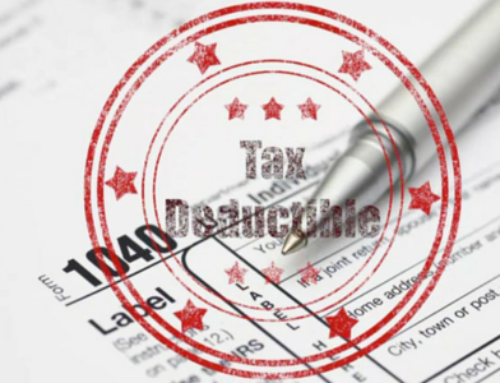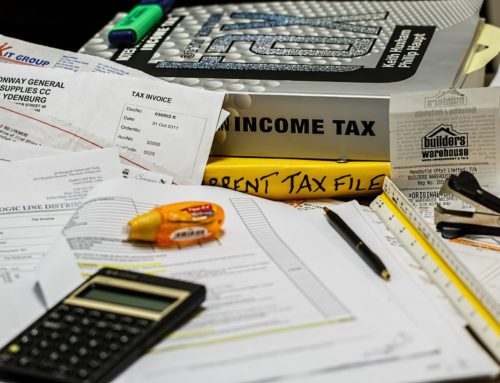As an accountant in the Willow Grove, PA area, I work hard with my staff to ensure our client information is protected. We work closely with our clients so they can protect their own information as well.
Fraud and identity theft have become constant concerns in our modern age. Although firewalls have continued to improve, thieves have an incentive to continue to break through them. You can take certain precautions to make it harder for them to get your personal information. By safeguarding all your personal information, your tax return and other financial transactions will be more secure.
Protecting Written Documents
The IRS recommends you keep all tax returns, receipts, and documents pertaining to the sale of property for 7 years, the maximum time allowed for you to file amendments or for them to audit you. These and other documents with sensitive information should be kept securely. Here are some suggestions for paper security:
- Keep your tax documents under lock and key, along with any other documents with your social security number and bank information.
- Shred any personal information you get rid of.
- Don’t carry your social security card; lock it up with your other sensitive documents.
- Shred credit card solicitations. Thieves can use them.
- Get off the list for pre-approved credit offers by calling 1-888-5-OPTOUT.
- Reduce junk mail at the Direct Marketing website.
- Lock your mailbox.
Protecting Electronic Files
Handling sensitive information with your computer also requires important safety precautions:
- Use firewalls, anti-spam, and anti-virus software. Do not use free software, as some may actually harvest your sensitive information.
- Always update your software when requested. These updates often include patches to recent new threats.
- Never email your social security number or bank numbers, nor tell them to anyone over the phone, unless you have initiated the call and are absolutely sure of the people you’re talking to. Then only give it out if it’s absolutely necessary.
- Don’t just delete your old computer files. This does not actually clear them entirely out of your computer, even if you empty the trash bin. If you are discarding or selling technology, you must actually wipe the drives using special drive-wiping software.
E-filing and Using the Internet Safely
Many people are concerned about filing their taxes electronically, fearing the risk of fraud or identity theft. In fact, the risks of theft are higher when filing by regular mail than by e-filing. It’s very easy to nab a letter from a mailbox, many people handle your return on the way to its destination, and it is seen by many people once it arrives. But with e-filing, no one handles your return, decreasing the opportunity of physical theft, and e-filing software is specially encrypted to prevent fraud or electronic theft. E-filing is clearly more secure than paper filing.
Nonetheless, when filing your taxes electronically or visiting any financial websites, follow these rules:
- Read the privacy policy of your e-filing software. Confirm that they guarantee they are using the most powerful security system for both the federal and state returns. We at F. J. Koelle & Associates, as professional accountants, use the best software available and keep it constantly updated to safeguard your personal information.
- Use a strong, unique password for each of your financial websites, such as your bank, investment institutions, and lending institutions.
- Do not auto-save your passwords on your computer, and be sure to change them regularly.
- Never use public wifi when handling sensitive personal or financial information.
- Always look for “https” and a padlock icon on any sites that request personal or financial information.
If You Suspect Fraud
These precautions should dramatically decrease your chances of being a victim of identity theft or fraud. However, if an institution you have financial dealings with has experienced a breach in security, including a store where you may have used a credit card, follow the situation closely. Consider changing your password information or your credit card number. And contact one of the three credit bureaus to put a Fraud Alert on your account so that they will send you confirmation letters before approving any new credit activity.





